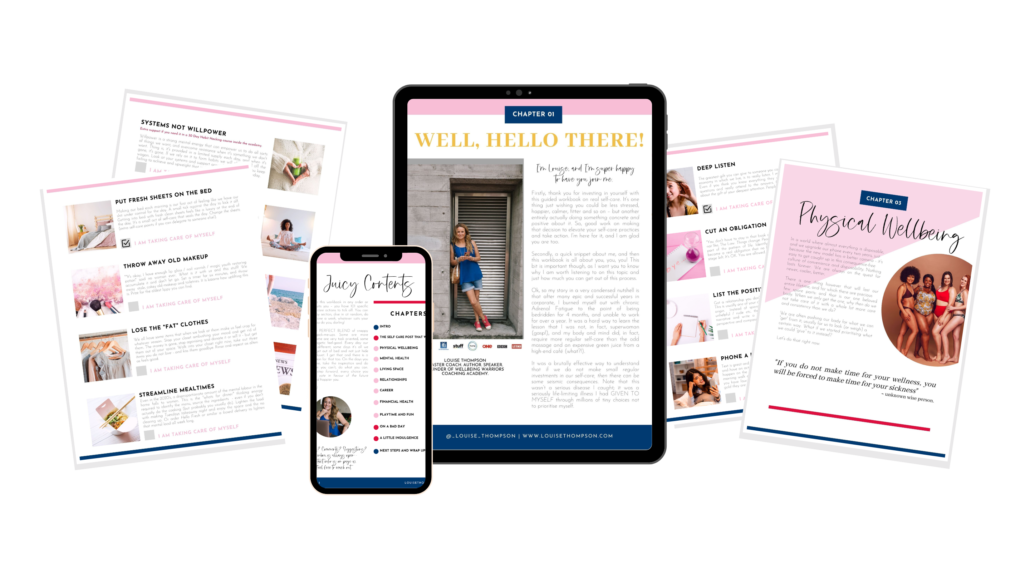 Newsflash: stress has only existed for 80 years. Did you know the term stress was only ever applied to things pre 1930’s? It referred to a load on say a rope or building and was used exclusively in the field of engineering and physics. Huh. Enter stage right an endocrinologist from Vienna called Hans Seyle. Through his experiments with mice he coined the term ‘stress’ and ‘stressor’ within a physiological and biological context. Specifically stress was defined as “the consequence of the failure of an organisim – human or animal – to respond adequately to mental, emotional or physical demands, whether actual or imagined”. And thus, stress as we know it today was born.
Newsflash: stress has only existed for 80 years. Did you know the term stress was only ever applied to things pre 1930’s? It referred to a load on say a rope or building and was used exclusively in the field of engineering and physics. Huh. Enter stage right an endocrinologist from Vienna called Hans Seyle. Through his experiments with mice he coined the term ‘stress’ and ‘stressor’ within a physiological and biological context. Specifically stress was defined as “the consequence of the failure of an organisim – human or animal – to respond adequately to mental, emotional or physical demands, whether actual or imagined”. And thus, stress as we know it today was born.
Except there is a little more to this story. Hans and his mice also came up with another very interesting distinction…the difference between good stress and bad stress. What is fascinating about this is that the good stress definition seems to have got lost somewhere in the mist of time, and the definition of stress today is almost universally perceived as negative.
Good stress actually has it’s own name: Eustress. (think Euphoria, it’s the greek root for Good). It’s the positive stress that helps you bring your A game to the interview, to rise to the challenge or win that race. It’s a positive stressor and accompanies fulfillment. Distress was Seyle’s term for negative stress, or what we commonly call today just ‘stress’. What is interesting is that physiologically the two things look the same which is perhaps why the two terms have morphed into one.
So what does this tell us? What I take from this is that not all stress is bad. We are built to undertake stress…it’s a mechanism brilliantly developed to allow us to rise to that challenge and to go the extra mile. If we are to grow as people then we need to stretch ourselves and that challenge may be scary but it’s good scary: it’s eustress.
Our distress response is for emergencies only. And yet, semantically at least, it is the most prevalent. Distress is meant to be turned on, and crucially OFF, at the flick of a switch. Distress is our default, we assume that being stressed is a bad thing. Because ‘being stressed’ has become so normalized in our society we just keep pushing through it which may not be actually serving us.
The body was build with the complex and elegant neurophysiological cascade of the stress response for a reason. The reason being: life is stressful! The aim is not to avoid stress completely (impossible) but to try and choose the right kind of stress. I think it’s a ratio thing. What we can do is change the ratios. If I can live with 80% eustress v’s 20% distress then I am going to be much happier than if the ratio is reversed.
Eustress is what it means to be alive. To feel those butterflies. To be taking on that job that will stretch you, to dip your toe back in the water of dating after many years, to book the space to have your own exhibition, to try the yoga class you have been putting off to buy the motorbike you have always wanted, to launch a new product, have another baby.
Distress is just misery. It’s forcing yourself into a job that you hate each morning, it’s going out to dinner with someone you would much rather not see, it’s being roped onto a committee you don’t really respect and don’t have time for. It’s doing the things you know, deep deep down, don’t really serve you.
The key here is the true want. If you are moving towards what pleases your true self then the stress is positive. It might be scary but it’s moving you in the direction that is right for your best life. If you are moving against that and forcing yourself to do something that does not serve your true self out of guilt or obligation then is negative stress.
I think it boils down into this handy equation:
Something you really want + fear = eustress (stretches and grows you towards your true self and best life)
Something you don’t really want + fear = distress (diminishes you, leads you away from your true self and best life)
For example:
Getting married to someone you really want to marry = eustress
Getting married to someone you know deep down is not right = distress
So, change up the ratio’s. Be honest with yourself. Turn down a challenge or task that you know to be distress stress. Pick up one that is eustress. Next time you say you are stressed know that the majority of the time it’s in a good way and your body is designed to help you get the most out of a stressful situation. Choose (eu)stress.
I always love to know what you think…please do share your thoughts below…



